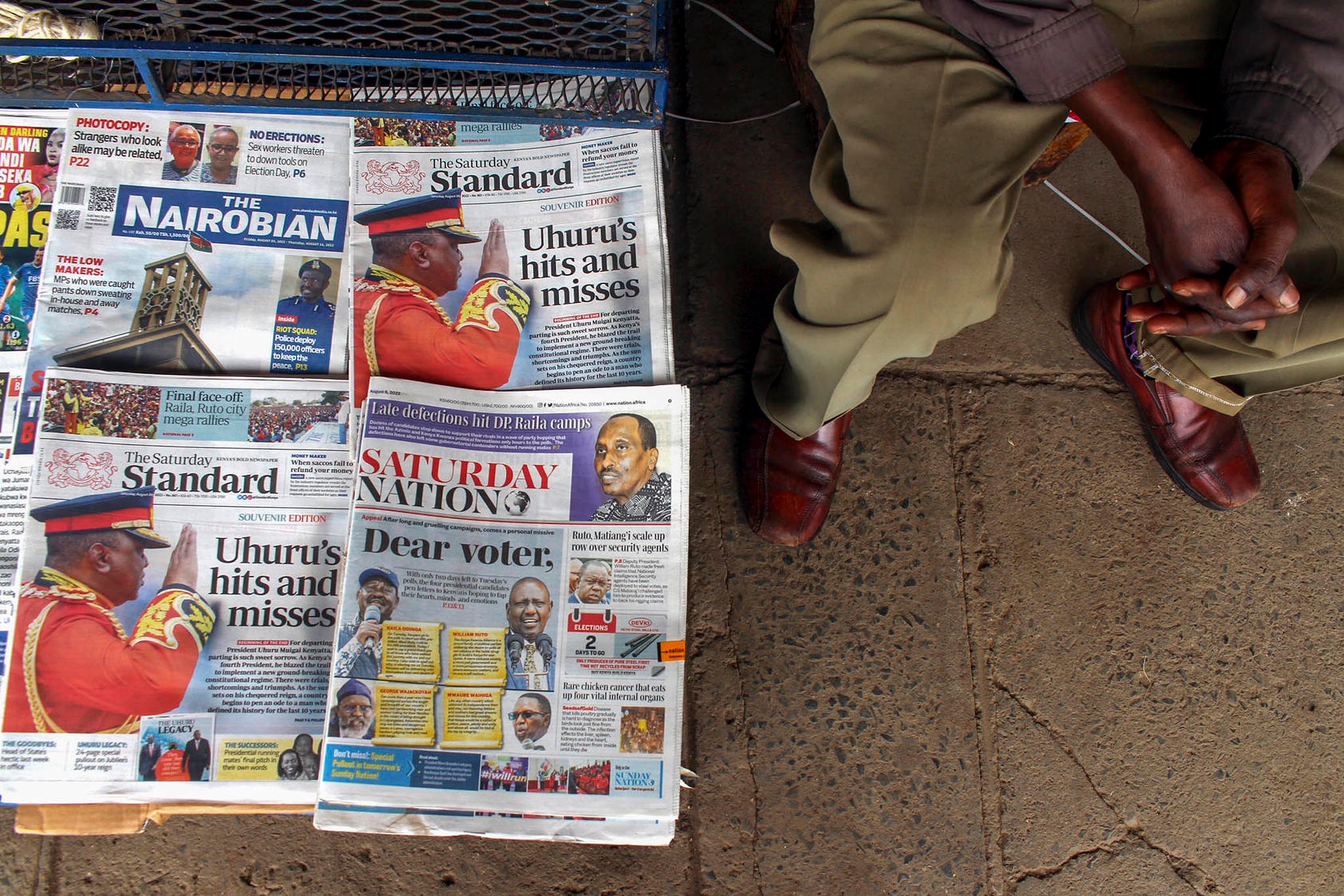Over the last decade, partnerships with developing countries have become central to China’s geostrategic objectives. In Africa specifically, China has made significant investments to secure favorable media coverage to promote a positive view of China, to counter the influence of the United States, and to assert and normalize China’s territorial claims over Taiwan, the South China Sea, and other contested areas. This report examines China’s investments in Africa’s media sector, assesses their effect, and makes recommendations for how the United States can respond to China’s influence campaigns.
Summary
- China’s Africa-focused media propaganda is intended to improve African perceptions of the country and its political system while doing the opposite for the United States.
- Media outlets controlled by the Communist Party of China (CPC) offer African outlets cheap or free international content in order to amplify their messaging while disguising it beneath a veneer of grassroots legitimacy.
- Prior to the COVID-19 pandemic, China was hosting and training scores of African media professionals each year.
- Chinese officials entice, cajole, and intimidate African journalists and editors to produce only positive stories about China, the CPC, and its African partners. China’s official media outlets work closely with its embassies to spread CPC propaganda while suppressing or discrediting any negative reports.
- China’s propagandists are creating an increasing amount of “soft” content for African audiences, which Chinese firms are spreading to urban elites and youth via streaming services, social media, and phone apps.
- To counter China’s anti-US media propaganda efforts in Africa, Washington should work with African partners to identify and expose China’s disinformation and to support independent African journalism.

